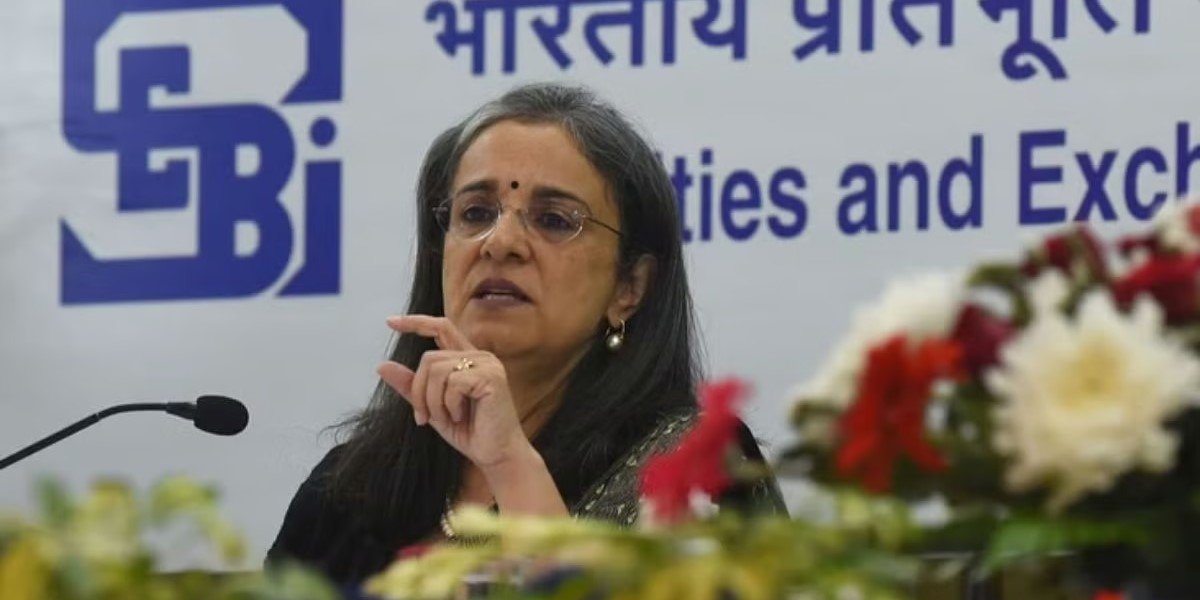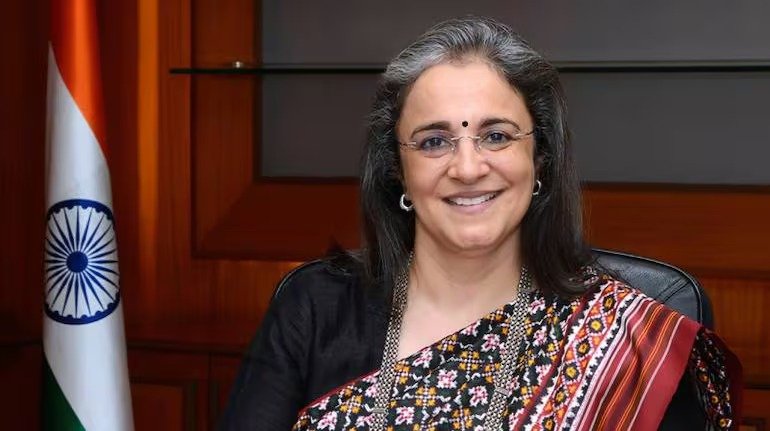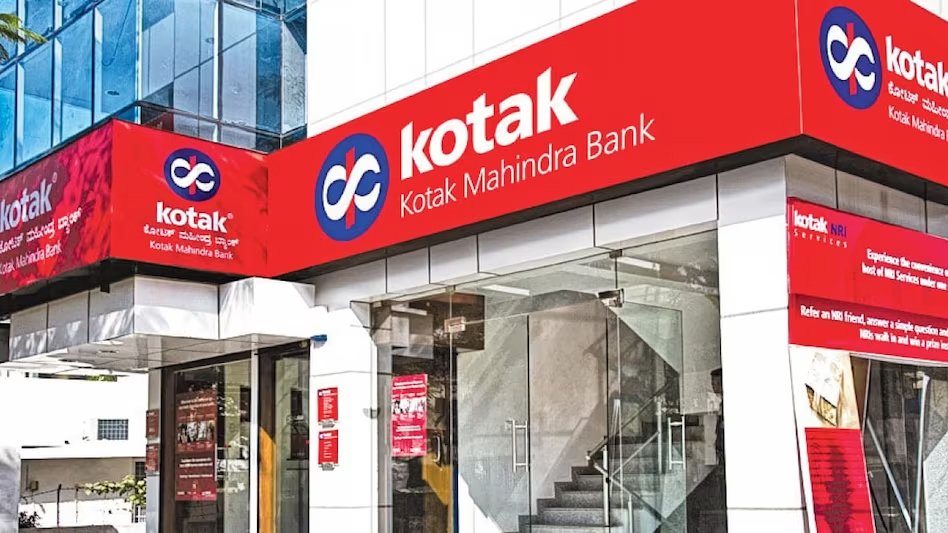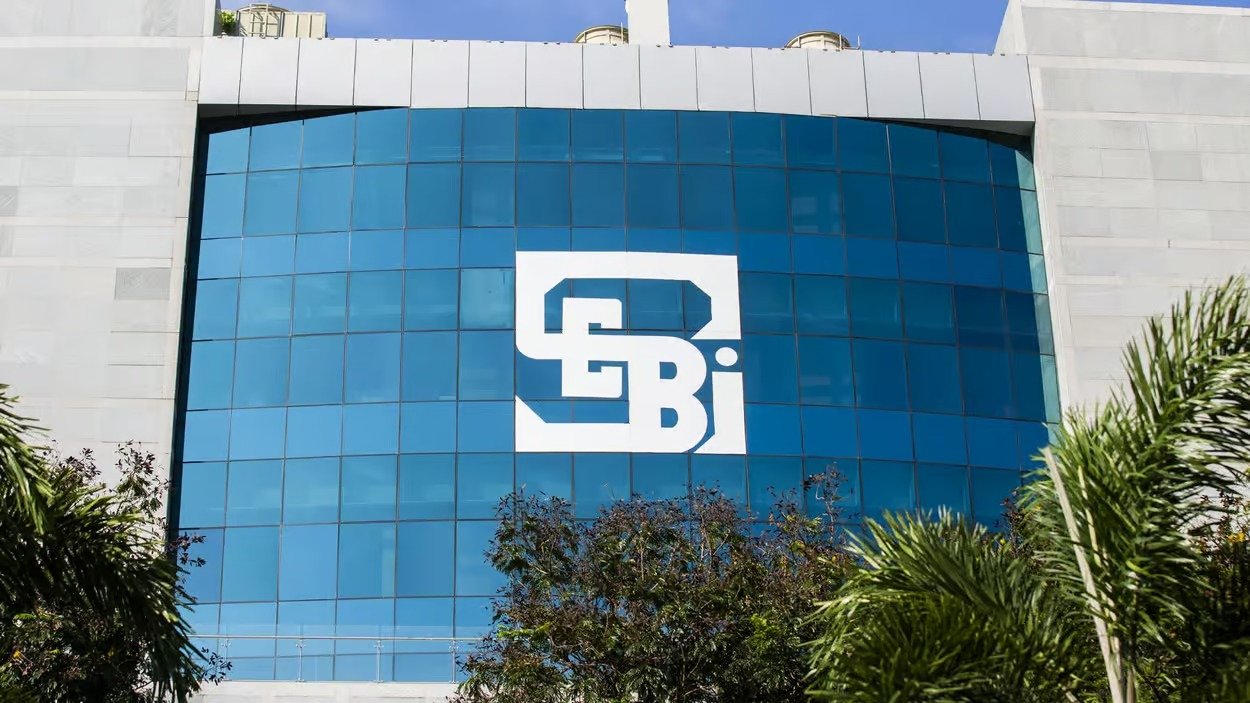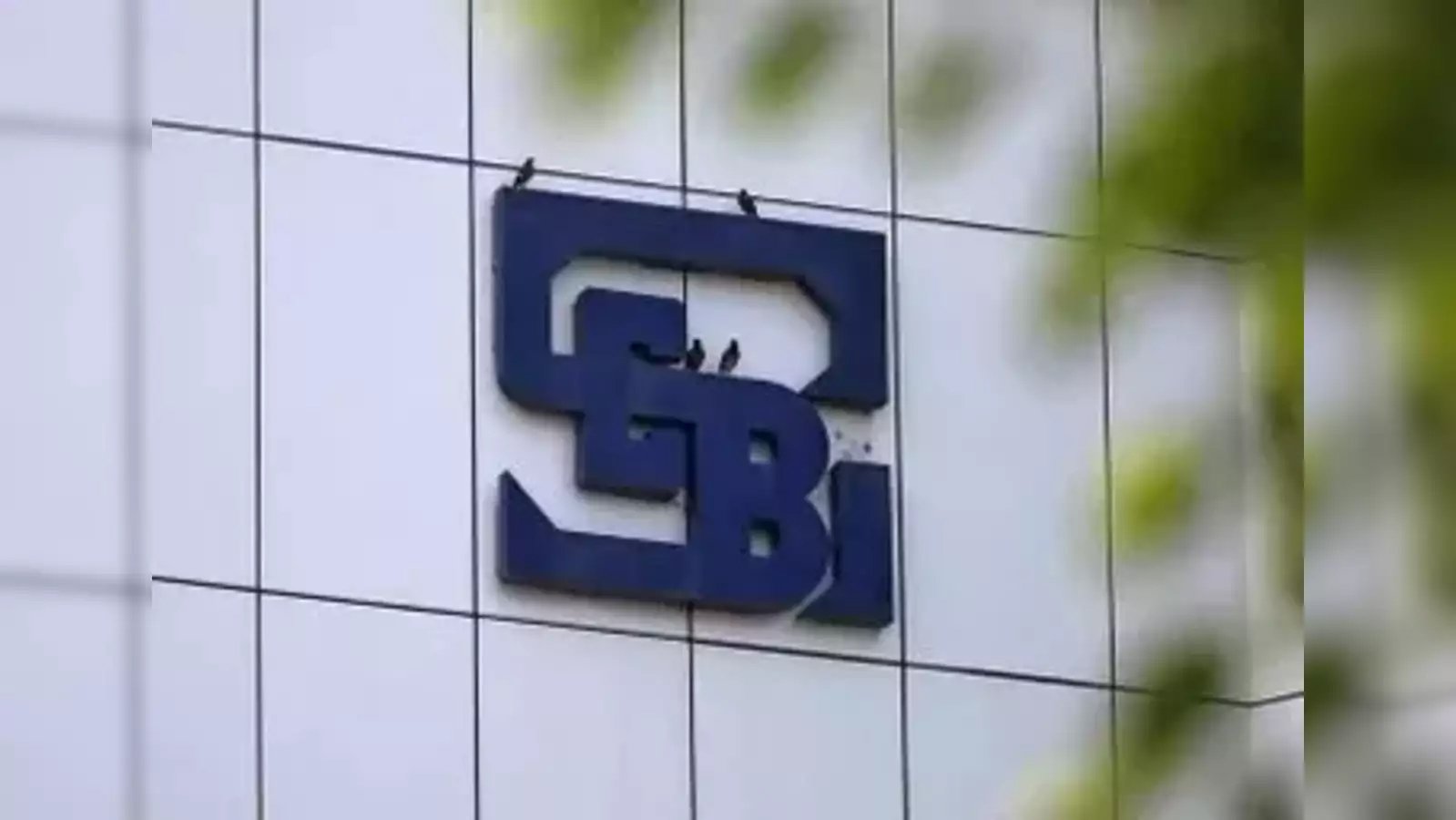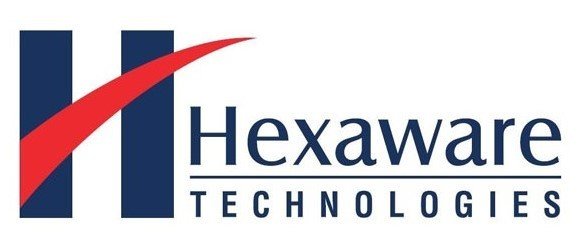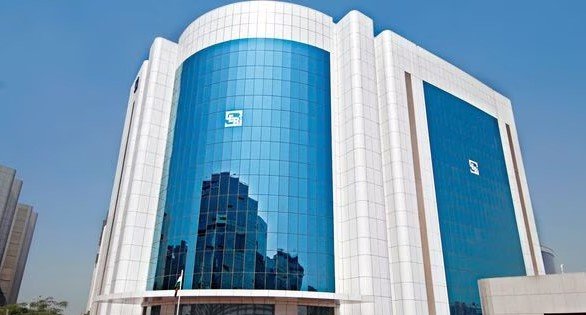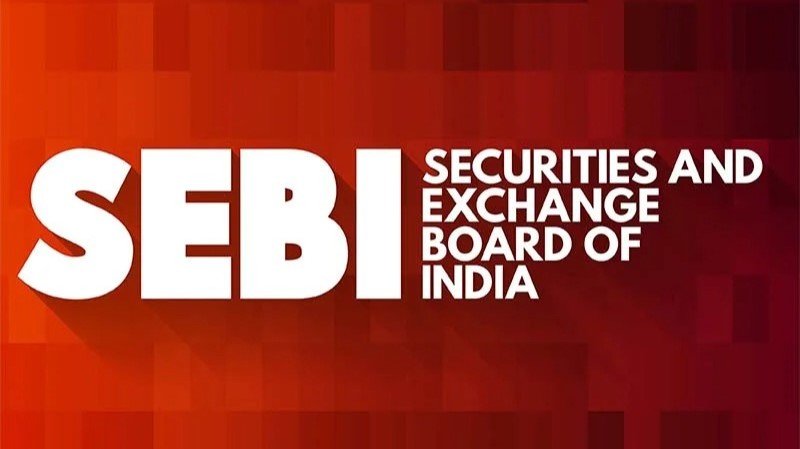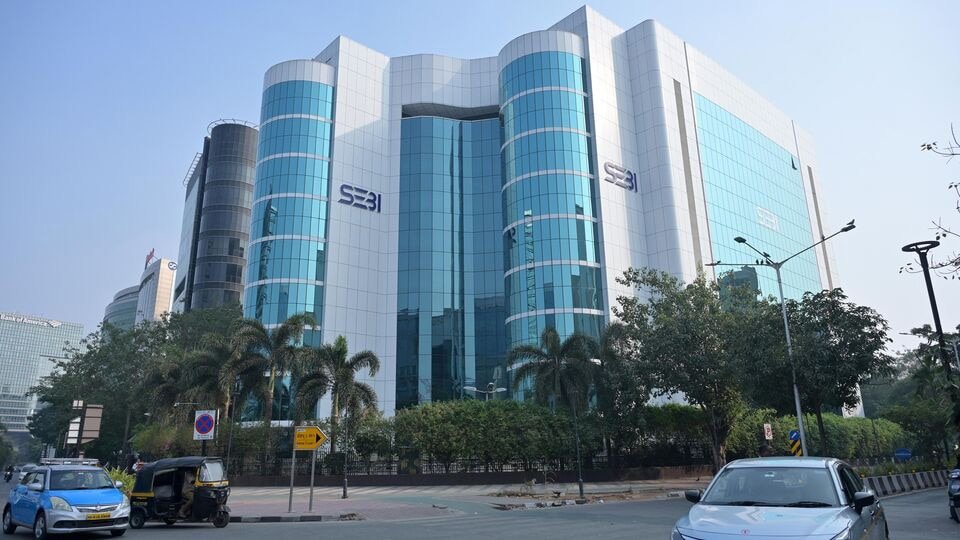


The board of directors of the Small and Medium-sized Enterprises (SME) IPOs is centered on India’s capital market regulator, SEBI, along with the stock exchanges, which are now evaluating the entire IT infrastructure. According to people familiar with the discussions, this is being done for the SME market specifically to improve liquidity, transparency, and investor protection in this sector of the economy.
The market-making practice is an ongoing function prescribed for all securities registered for trading on the SME Exchange. Following the listing of SME equities, Market makers, typically registered brokers, offer ask and bid prices so that there is trading activity in SME stocks that is being advertised. Despite the shortcomings, there is still no gap that has been connected to the financial equity benchmark for the market makers on which SEBI, along with the exchanges, wishes to work.
A broker needs to have a minimum net worth of ₹1 crore to become a trading member of an exchange. However, there is no specific net worth requirement for market makers on SME platforms. The ongoing discussions intend to set this requirement somewhere between ₹1 crore and ₹5 crore. The number of SME IPOs that a market maker can handle will be dependent on their net worth. Market makers with higher net worth will have a greater capacity to manage multiple IPOs.
Market makers' penalty framework is also under review. Market makers currently face penalties for non-quotation activities on SME stocks and are charged increasing penalties for the number of inactive days. The penalty regime states that if a market maker is inactive for more than 15 days in a month, the merchant banker assigned must replace them, and the market maker may be barred from accepting new work. The discussions hope to focus on improved markets with these defined penalties for undue inactivity.
To address complaints regarding market abuses, SEBI has tightened the rules concerning SME IPOs. Noteworthy reforms in March included:
Profitability Requirement: SME companies seeking IPOs need to register a minimum profit of ₹ 1 crore in two out of the last three financial years.
Limit on Offer for Sale (OFS): The OFS portion of SME IPOs is now capped at 20% of the total issue size. In addition, selling shareholders are now capped at 50% of their stake being sold in the offering.
Lot Size and Fund Allocation: Both the lower limit on lot size and the allocation of proceeds from the IPO have been changed. Up to 15% of the issue or ₹10 crore, whichever is lesser, is permitted for general corporate purposes. There is a prohibition on the use of IPO proceeds to repay loans issued to promoters or related parties.
Worsening investor suspicion has forced SEBI to implement a segmented lock-in for the excess promoter shares above the minimum required contribution. The issuer can freely sell 50% of the excess shares after one year, and the remaining 50% after two years. Likewise, rules on related party transactions now extend to public issues of SMEs, thus aligning them with IPOs on the main board.
Changes to the market maker’s norms are expected to optimize the SME IPO ecosystem as only financially strong companies would serve as market makers, thus increasing liquidity and instilling confidence among investors. This also shows that SEBI listens to the market and evolves by feedback, thereby shifting the focus of the regulation to the growing and complicated needs of the market.
Although no official comments have been made, the discussed changes indicate that SEBI is looking to fix structural issues while sustaining the SME capital markets.
The expected changes to the market maker regulations, together with the recent changes for SMEs IPOs, indicate SEBI’s continued efforts towards sustaining a transparent, liquid, and environment supportive for investors, in the context of small and medium enterprises seeking public financing. These changes will enhance the competitiveness of the SMEs platform, and will sustain the confidence of the investors and aid in the growth of the sector.
Read more :








